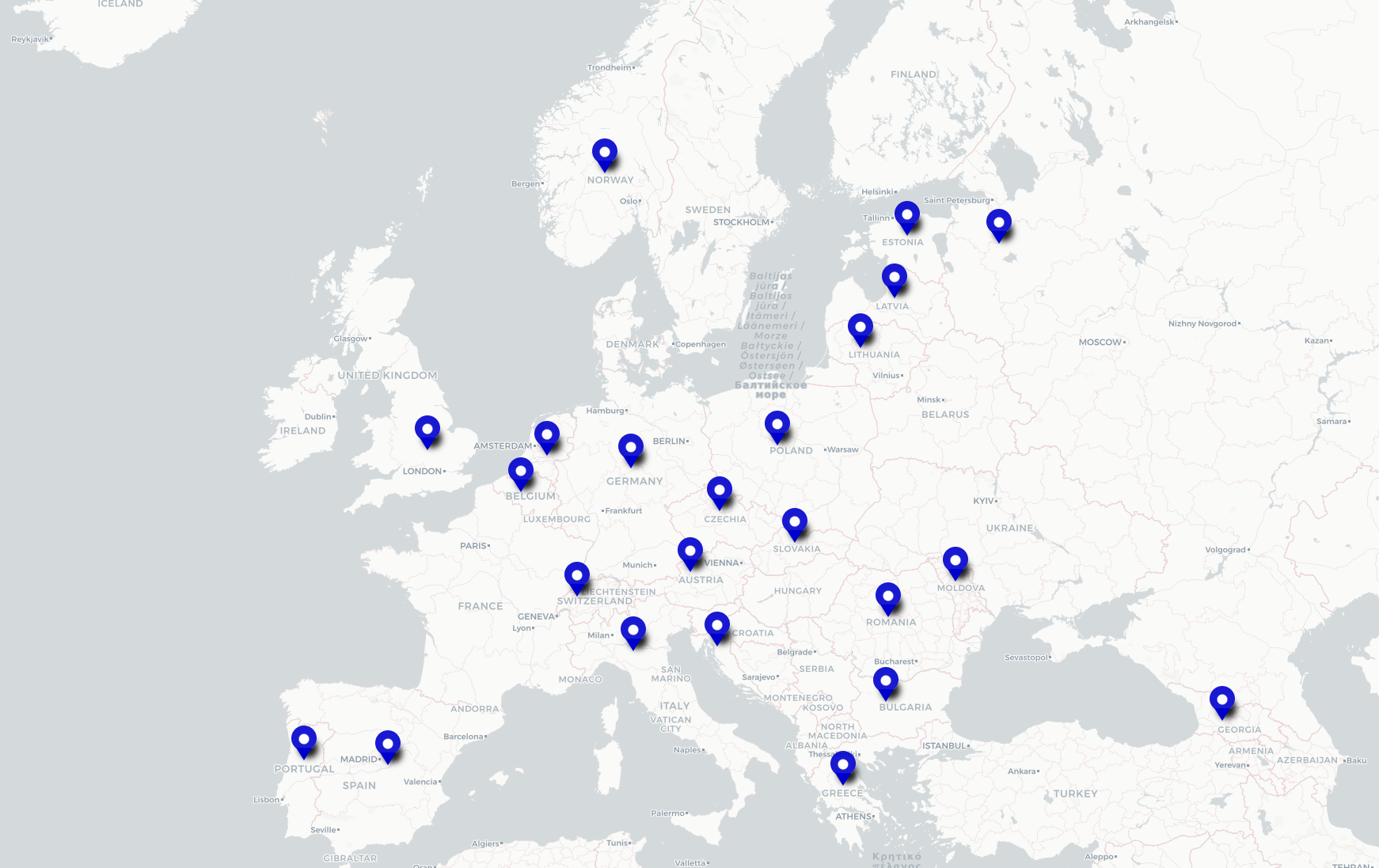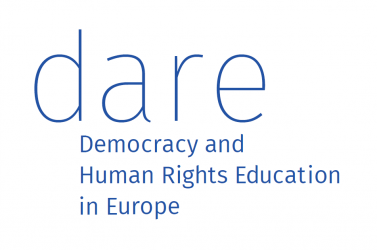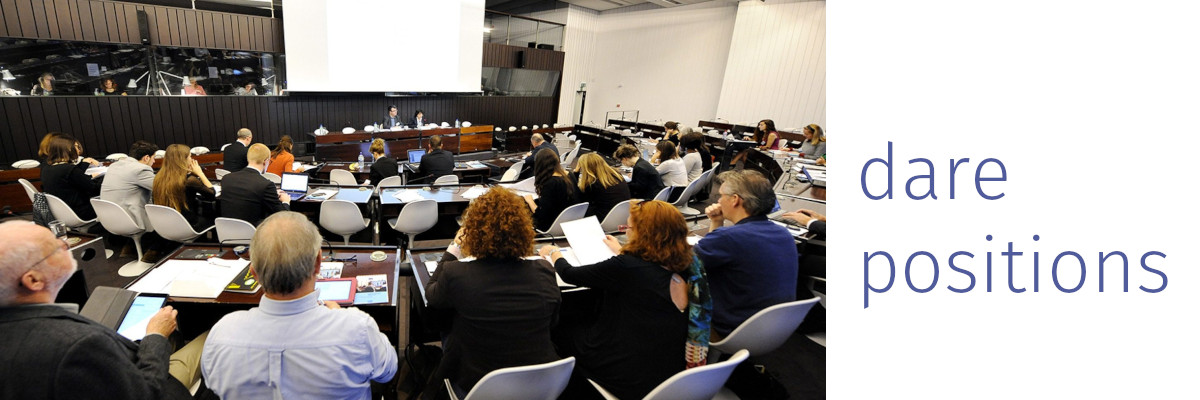Democratic Citizenship and Participation are the units comprising education and youth issues within the Directorate General II for Democracy in the Council of Europe (COE). Both play a substantial role for promoting the values of the Council of Europe among young people in its member states and neighboring countries. The fifty states to the European Cultural Convention, initiated by the Council of Europe, therefore focus their activities on enhancing young people’s commitment to human rights, the rule of law and democracy.
The Council of Europe’s education and youth sector combines a multi-dimensional approach ensuring young people’s well-being, providing them with relevant learning opportunities, increasing the probability of their successful integration into society and transition to autonomy, and enabling them to participate in democratic decision-making and civil society.
The COE faces an unprecedented budgetary crisis, mainly caused by the zero nominal growth enforcement of the COE member states and the Russian Federations decision to suspend the payments of its membership.
In consequence, the contingency plan issued by the General Secretary of the COE on May 3rd 2019 brings the work of the whole DG II “Democracy” under serious threat. (see Contingency Plan Annex 6, p23/24)
It foresees to end the COE’s youth sector activities and proposes substantial budgetary cuts for the whole field of education for democracy and Human rights, for holocaust remembrance and the prevention of crimes against humanity. The general Secretary’s suggested compensation to set up a new enlarged partial voluntary agreement remains vague and risks a serious loss of the whole work of the youth and education sector in the COE.
Aside the activities in the youth sector, there is suggested to also end the support of the INGO conference or the world forum for democracy, which all form valuable fora for interaction between civil society organisations and governmental institutions. Such the COE itself would contribute to further shrinking the spaces for civil society, a step, which is in contradiction to any statements the General Secretary has made in the last decade.
The analysis the contingency plan is based on ignores the direct impact the work of the educational and youth department and especially of the European youth centres have towards youth and civil society organisations, towards the field of EDC/HRE in the member states and beyond. It is especially the work of the COE youth sector that has proven to create spin-offs for societal engaging, for the development of topical approaches and expertise in education and youth work.
Aside the provision of frames for debating and defining standards and quality in the field of youth work, the youth and educational department provides the rare frame for youth workers and educators to interact in sensitive topics, which are often subject to national controversial positions, e.g. Holocaust remembrance, diversity in society, et al.
The COE youth and educational section remains one of the few frames where educators and young people from all over Europe can work together irrespective of the political situation in their countries.
In a time where anti-democratic ideologies are at peak, where all over the shrinking space for civil society is being discussed, it remains utmost risky to reveal existing commitments and leave them to voluntary commitments of single member states.
Actors of education for democratic citizenship and human rights education and youth work in formal and non–formal education are more than ever in need of provisions of interaction to debate and negotiate the big societal questions. Facing the emerging societal challenges be it anti-democratic ideologies, the appeal of racist and right wing policies in Europe, be it of Artificial Intelligence and digitalisation, be it the challenges to maintain equal access so social rights: the political level is more than ever in need to dialogue with civil society. The co-management structure established within the Youth sector but also provisions such as the INGO conference of the COE are giving a good example of how such interaction can be organised and arranged in a meaningful and power sharing way.
Although the contingency plan identifies the risks to lose the existing capacities it provides no answer how to encounter these risks, but just suggested to abandon the policy fields of education and youth.
Therefore we ask you as representatives:
- Not agree to the unbalanced contingency plan, which puts burdens mainly on the politically weak fields for youth work and education.
- Not to ratify any agreements on the contingency budget before it is clear on the agenda how the alternative financial solution will be guaranteed
- To end the Zero nominal growth policy towards the COE budget and commit to a sound financing of the COE from the member states side, which includes a responsibility towards all sectors of the COE.
Brussels 15.05.2019
Georg Pirker
Secretary of the DARE network


